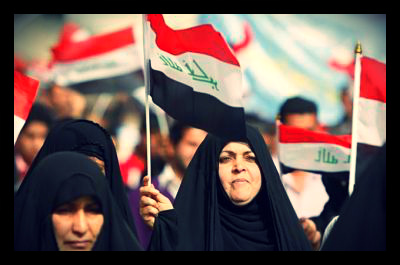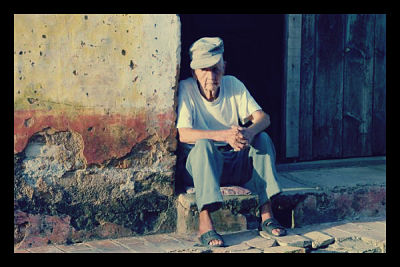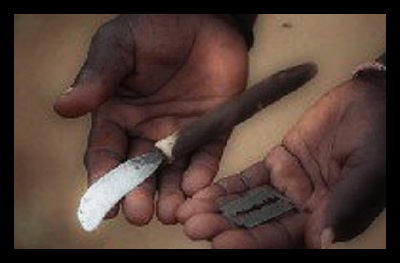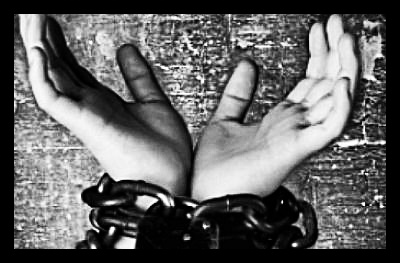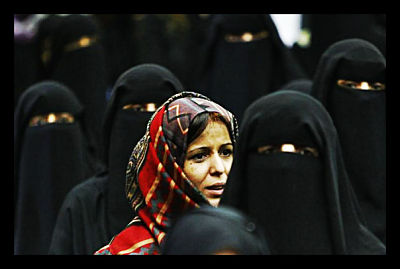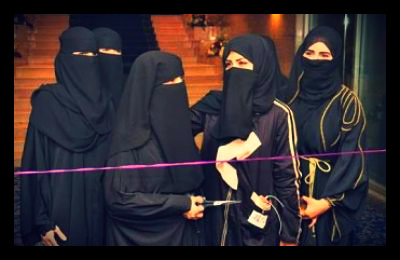Contrary to common belief, the driving force behind Africa’s growth are not commodities like gold, oil or cocoa–it is agriculture. Farmers make up 70 percent of Africa’s workforce, making it the foundation of its economy and a crucial element in its future. According to the 2008 World Development Report, the best way to reduce poverty in sub-Saharan Africa is to invest in agriculture. Understanding this, African leaders have declared 2014 Africa’s Year of Agriculture and Food Security.
What’s more, another important player in the continent’s future is the female farmer. According to Melinda Gates, if African countries are to take full advantage of this new agricultural revolution, one key element is to deal with the pervasive agricultural gender gap holding women back. While only limited data about the scope, shape and causes of this gap exist, it is clear that the gap is not about the number of female farmers. In fact, 50 percent of Africa’s farmers are women. The gap exists in terms of productivity. Farms owned by women tend to produce less that those owned by men. In some cases it is as much as 66 percent less, as in the case in Niger.
The reasons for this agricultural gender gap vary from country to country. In some cases, it is argued that a lack of access to resources or even information reinforces this gap. However, with new data available it has become evident that major drivers are “entrenched cultural norms that prevent women from reaching their full potential.”
For instance, according to the Report, quoted by Melinda Gates, women face greater challenges when it comes to hiring daily laborers or managing the workforce of the farm. In fact, it was found that this is one major obstacle. As women tend to carry a greater load of the household work, they have less time to dedicate to farm work or supervising laborers. In some cases, the capital that women have in the first place is much less than men and actually prevents them from hiring daily laborers.
Nevertheless, the report not focuses only on problems, but it also provides some solutions. For example, simple policies such as making child centers available would allow women to dedicate more time to their farms. Other recommendations include providing women with better access to markets, improving educational agricultural programs and strengthening women’s land rights.
According to The Food and Agricultural Organization (FAO), “if women had the same access to resources worldwide, their yields could increase by up to 30 percent, which could result in up to 150 million fewer people going hungry.” This means that the whole agricultural sector is hurt due to an unfair disadvantage for African women. According to Sipho Moyo, director of Africa for One, “We ignore this gender gap at our peril and ultimately at great social and economic cost.”
Not being mindful of this gender gap is undermining the potential for economic growth, food security, employment and businesses opportunities for all in Africa.
– Sahar Abi Hassan
Sources: Project-Syndicate, The Guardian, The World Bank
Photo: YenKasa Africa
